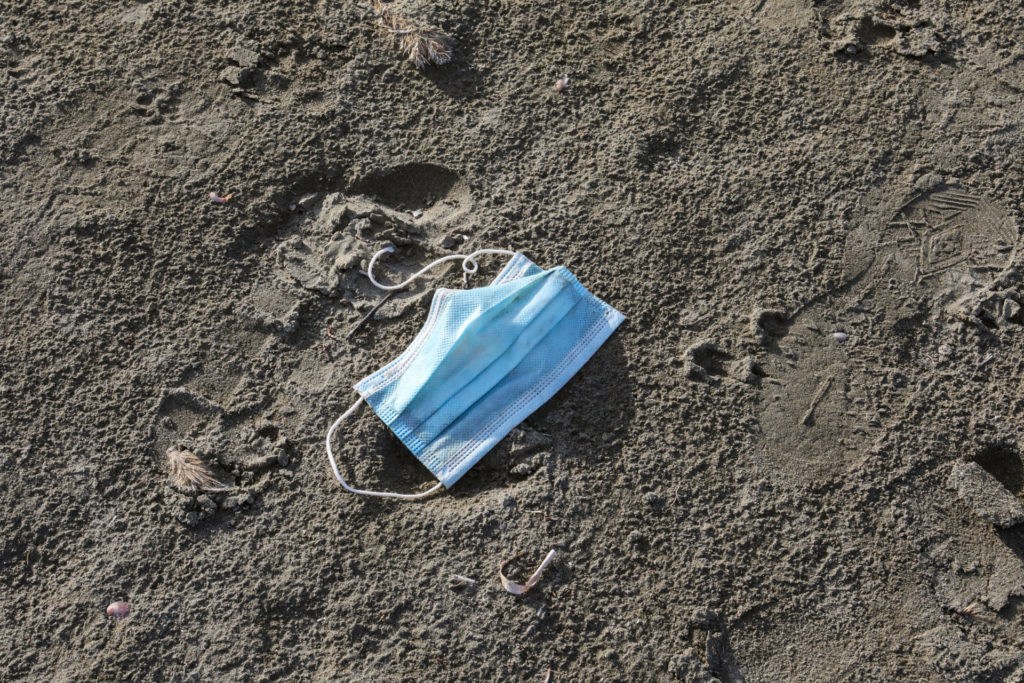Face masks take up to 450 years to decompose in the environment, the Marine Environment department of Belgium's Federal Public Health Service warned on Monday.
Even after this period, the small plastic fragments are still not completely eliminated, the department said upon launching an awareness campaign called "the sea starts with you.”
With the Covid-19 crisis, more and more face masks are ending up in the streets or ending up in the sea, carried away by the wind and waterways. Organisations, scientists and citizens regularly find them on beaches, along with disposable gloves and bottles of hydroalcoholic gel.
This rubbish is in addition to the average of 8 million tonnes of plastic waste that pollute our ocean every year, according to the FPS Public Health.
Related News
- Brussels residents urged to throw used face masks away at home
- Coronavirus measures in Brussels: extended curfew, culture in lockdown
“Face masks save lives. But if they end up as waste in the North Sea, they endanger marine life,” said North Sea Minister Vincent Van Quickenborne.
"Marine animals can confuse masks with jellyfish. By swallowing them, their stomachs are immediately filled but without any nutrient supply, which weakens them in the long run,” the authorities said.
"Animals can also become entangled in the masks. And eventually, the microparticles that make them up can also end up on our plates,” they explained
The campaign aims to encourage people to throw away their masks in a bin or opt for a reusable mask. A series of posters distributed at the coast explain the impact of the masks on the marine environment.
More information about the campaign can be found here.
Jason Spinks
The Brussels Times

